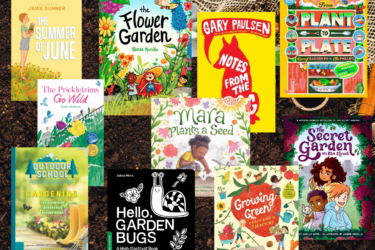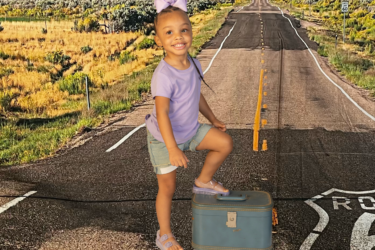Conservation is a collective responsibility shared by individuals across the globe. Protecting the planet and ensuring its future has never been more important, as various organizations and environmentalists warn that, without immediate action, many of the more harmful effects of climate change could prove irreversible.
The Organization for Economic Co-operation and Development reports that, without new policies, global greenhouse gas emissions are projected to increase by 50 percent by 2050. That includes a 70 percent spike in energy-related carbon dioxide (CO2) emissions.
The potentially dire consequences of climate change underscore the importance of educating youngsters about the need to protect the planet. Today’s children will be forced to confront climate change in the decades to come, so learning about conservation now can help them as they grow up and reach adulthood.
Teaching kids about conservation can be fun, and the following are three activities that will prove both engaging and educational.
1. Clean up a favorite hiking trail.
Hiking is a great family-friendly pastime that promotes physical activity and appreciation for nature. That makes hiking an ideal way to teach kids about conservation. Parents can plan a hiking trip that focuses on cleaning up trails. Kids who have a favorite hiking trail may be especially enthusiastic about cleaning up a place they already feel attached to, and parents can let them know they’re doing their part to protect the planet with each piece of litter they collect and ultimately remove from the park.
2. Teach kids to compost.
Parents do not need to leave their homes to teach kids about conservation. According to the National Resources Defense Council, composting benefits the planet in numerous ways. In addition to reducing the waste stream, composting cuts methane emissions from landfills, which the NRDC reports are the largest source of human-generated methane emissions in the United States. Composting also helps to conserve water by adding organic matter to soil, which research has shown improves the soil’s capacity to retain water. Families can build a compost bin together and parents can teach kids about which types of waste can be composted and how that compost is benefitting the plants and trees in their own yard as well as the planet as a whole.
3. Craft with recycled materials.
Crafting fosters the growth of a range of developmental skills in children. In addition to encouraging kids to explore their creative side, crafting also helps youngsters develop fine motor skills and provides a fun way for them to learn counting and pattern recognition, which the academics-based publisher Scholastic notes are the very skills kids will later use to learn algebra. Crafting also provides a great way to teach kids to reuse and recycle, which are two of the core tenets of conservation.
Conservation efforts will be vital to helping the planet overcome climate change. Children can learn the importance of conservation by engaging in various activities that make protecting the planet fun.





